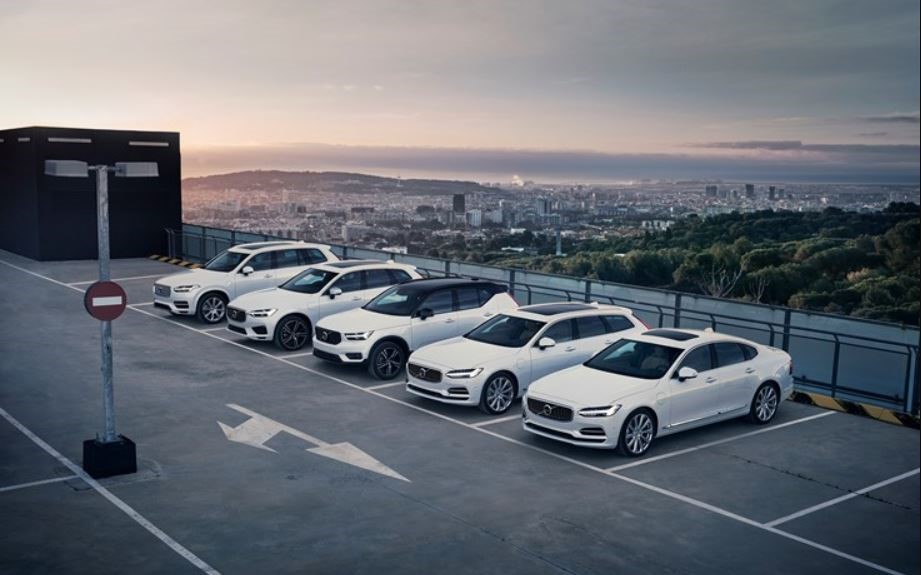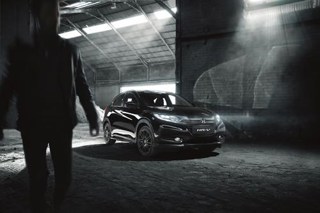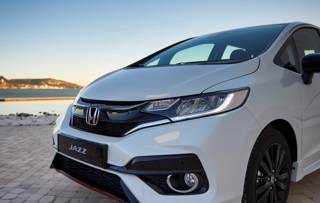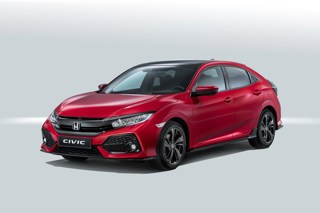Future Volvo models will watch drivers through cameras to look for signs of intoxication or distraction.
It’s part of the car maker’s latest safety strategy, which includes its recent announcement that all models will be limited to 112mph.
Volvo Cars believes intoxication and distraction should be addressed by installing in-car cameras and other sensors that monitor the driver and allow the car to intervene if a clearly intoxicated or distracted driver does not respond to warning signals and is risking an accident involving serious injury or death.
That intervention could involve limiting the car’s speed, alerting the Volvo On Call assistance service and, as a final course of action, actively slowing down and safely parking the car.
“When it comes to safety, our aim is to avoid accidents altogether rather than limit the impact when an accident is imminent and unavoidable,” says Henrik Green, senior vice president of research and development at Volvo Cars. “In this case, cameras will monitor for behaviour that may lead to serious injury or death.”
Examples of such behavior include a complete lack of steering input for extended periods of time, drivers who are detected to have their eyes closed or off the road for extended periods of time, as well as extreme weaving across lanes or excessively slow reaction times.
A driver-monitoring system as described above is an important element of allowing the car to actively make decisions in order to help avoid accidents that could result in severe injuries or death.
Introduction of the cameras on all Volvo models will start on the next generation of Volvo’s scalable SPA2 vehicle platform in the early 2020s. Details on the exact amount of cameras and their positioning in the interior will follow at a later stage.
Volvo has also revealed the Care Key, which allows drivers to impose limitations on the car’s top speed on all cars from model year 2021, before lending their car to others.

















Login to comment
Comments
No comments have been made yet.